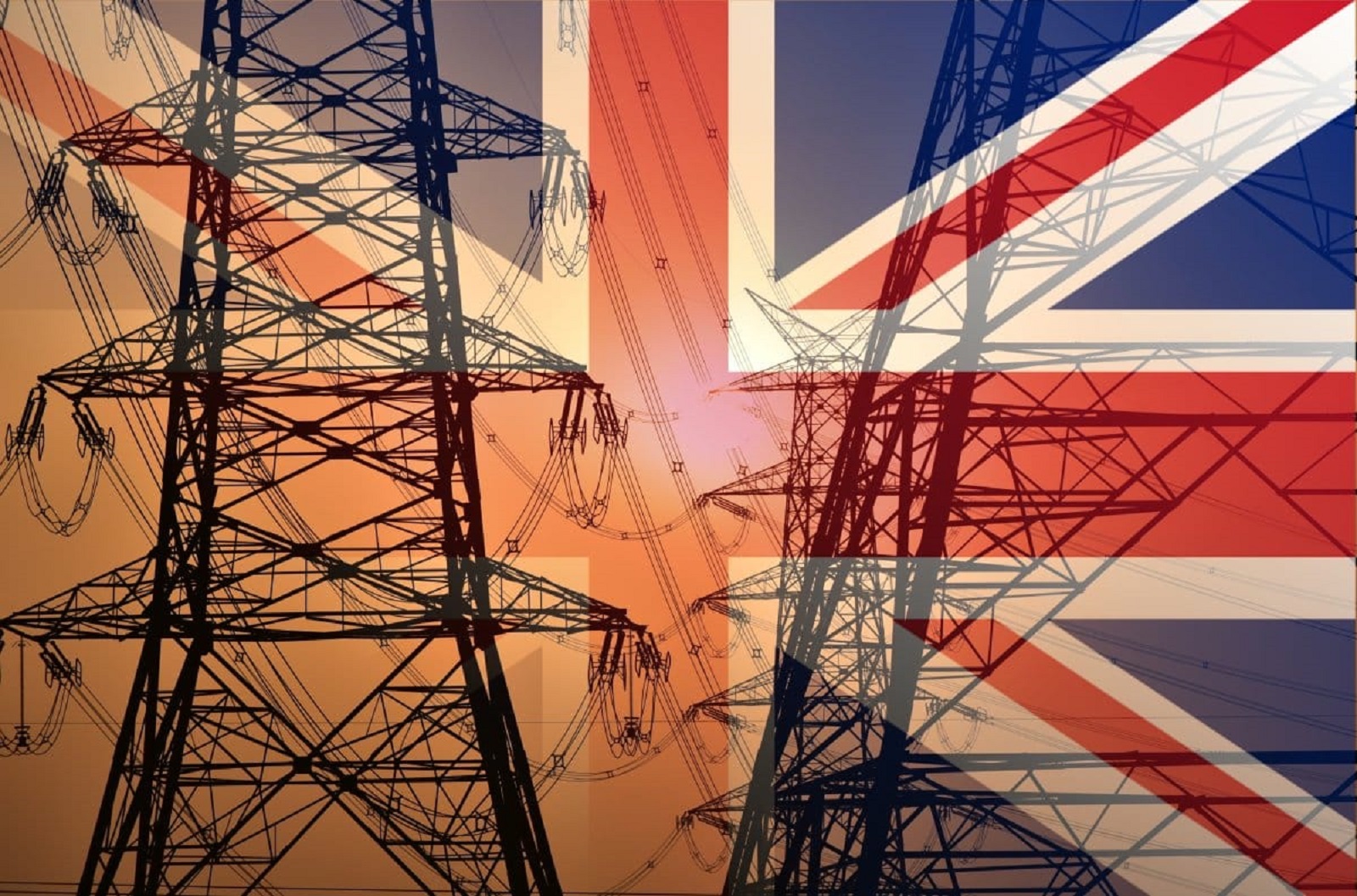With growing economic challenges, Britain could be on the brink of another recession. Here are 15 compelling reasons that suggest a downturn may be imminent.
1. High Inflation Rates

Persistently high inflation is eroding consumer purchasing power, leading to reduced spending and economic slowdown.
2. Stagnant Wage Growth

Wages are not keeping pace with inflation, causing a decline in real incomes and consumer confidence.
3. Brexit-Related Trade Barriers

New trade barriers post-Brexit have increased costs and complications for businesses, impacting their profitability and operational efficiency.
4. Declining Consumer Confidence

Uncertainty about the future has led to a decline in consumer confidence, resulting in lower spending and investment.
5. Reduced Foreign Investment

The uncertainty surrounding Brexit and its aftermath has made the UK less attractive to foreign investors.
6. Government Austerity Measures

Ongoing austerity measures have reduced public sector spending and investment, contributing to economic stagnation.
7. Housing Market Slowdown

A slowing housing market is affecting construction and related industries, which are significant contributors to the economy.
8. Rising Household Debt

Increasing levels of household debt are limiting consumer spending and could lead to higher default rates.
9. Weak Manufacturing Sector

The UK’s manufacturing sector has shown signs of weakness, hampered by decreased demand and increased competition abroad.
10. Global Economic Slowdown

A global economic downturn, particularly in key markets like the EU and China, could significantly impact the UK economy.
11. Energy Price Volatility

Fluctuating energy prices have increased costs for businesses and consumers, straining budgets and reducing discretionary spending.
12. Political Uncertainty

Ongoing political instability, including leadership changes and divisive policies, is creating an uncertain business environment.
13. Financial Sector Challenges

Post-Brexit regulatory changes and potential loss of passporting rights have put pressure on the UK’s financial services sector.
14. Reduction in Public Services

Cuts to public services are affecting social welfare and could lead to wider economic consequences as public discontent grows.
15. Low Productivity Growth

The UK continues to struggle with low productivity growth, limiting economic output and competitiveness.
Navigating the Storm

These factors combined present a worrying picture for the UK economy. Addressing these issues will require strategic planning and potentially difficult economic reforms to avert a full-blown recession.
10 Worst Places to Live in the UK Today

Here’s a look at the 10 worst places to live in the UK, based on statistical analysis and local sentiment, to help you understand the challenges residents may face in these areas. 10 Worst Places to Live in the UK Today
“We Will Never Come to Help You” – Trump’s Hurtful Words Raise Concerns About EU Firepower

It was revealed in a conference in Brussels that former President Donald Trump said in 2020 that the US would “never help” Europe if it was attacked. Now, European nations are grouping to commit more firepower to combat Putin’s threat to democracy. “We Will Never Come to Help You” – Trump’s Hurtful Words Raise Concerns About EU Firepower
Brexit Fallout: 20 Ways the EU Is Falling Apart Without the UK

Since Brexit, the EU has been grappling with multiple crises and internal conflicts. Can the bloc hold itself together in these turbulent times? Brexit Fallout: 20 Ways the EU Is Falling Apart Without the UK
Featured Image Credit: Shutterstock / Andrey_Popov.
For transparency, this content was partly developed with AI assistance and carefully curated by an experienced editor to be informative and ensure accuracy.

